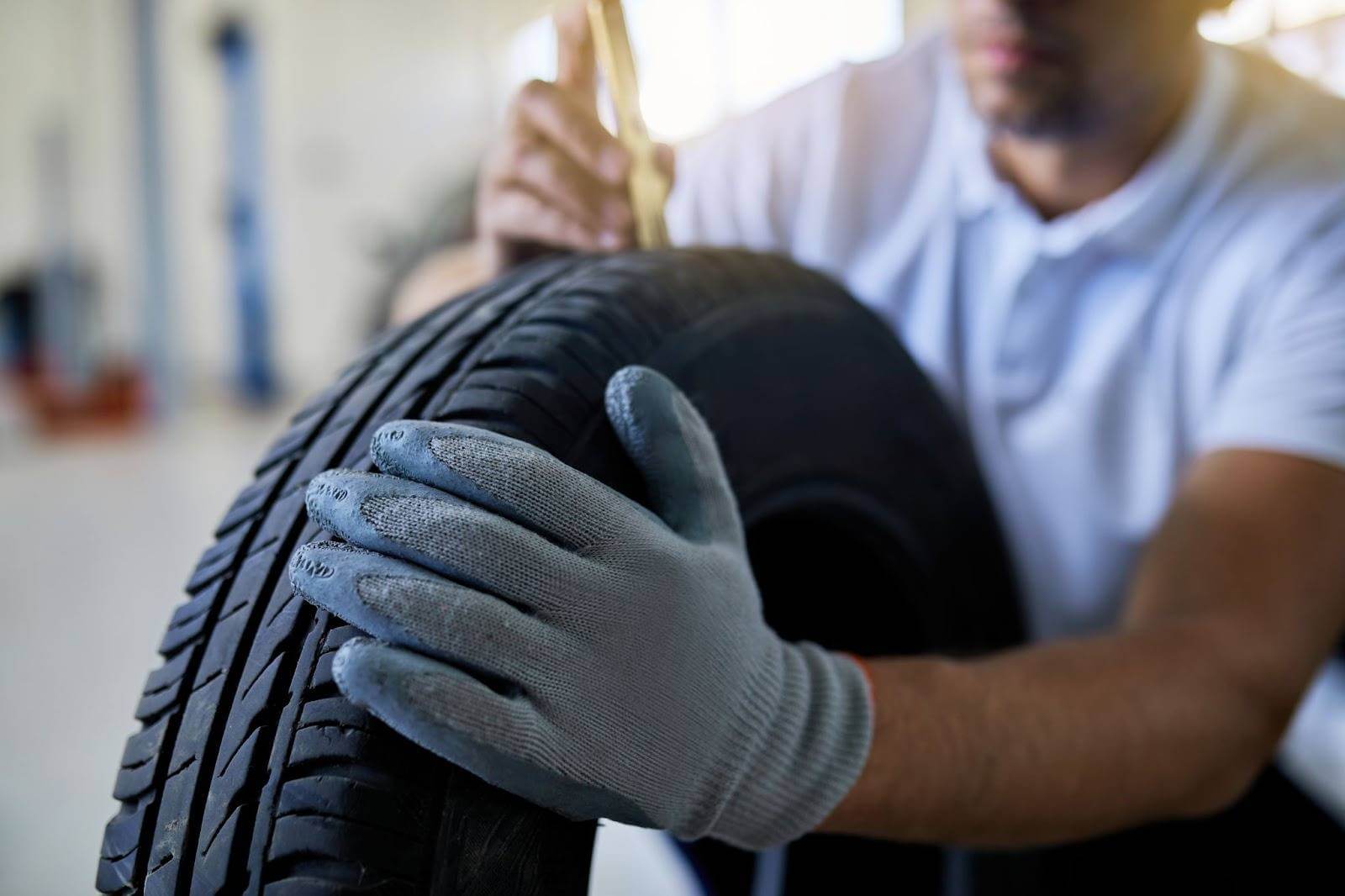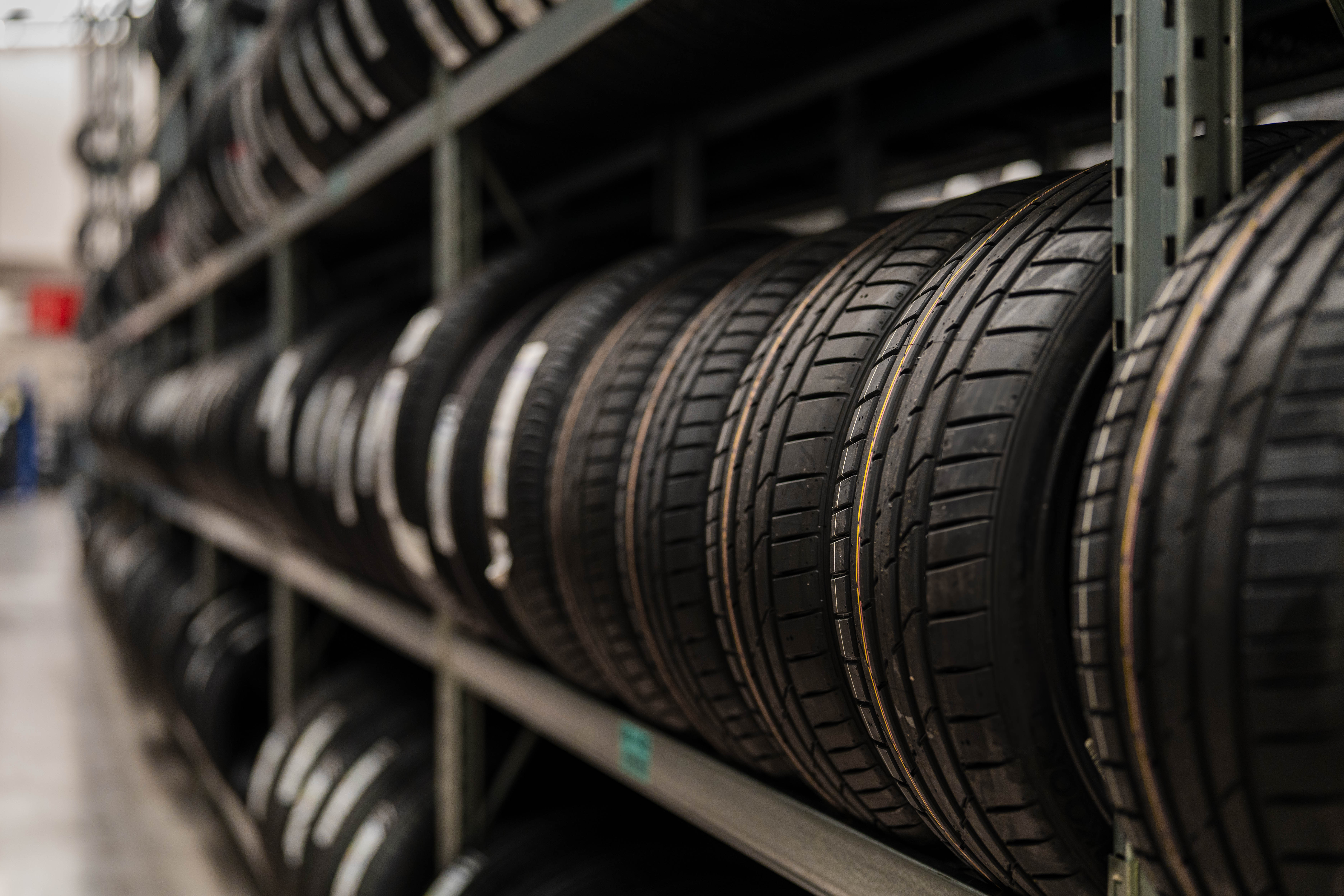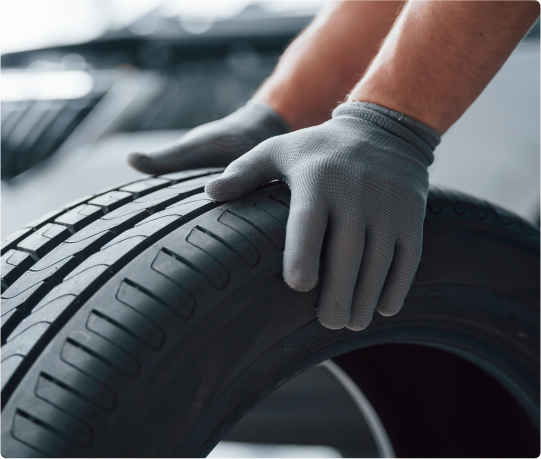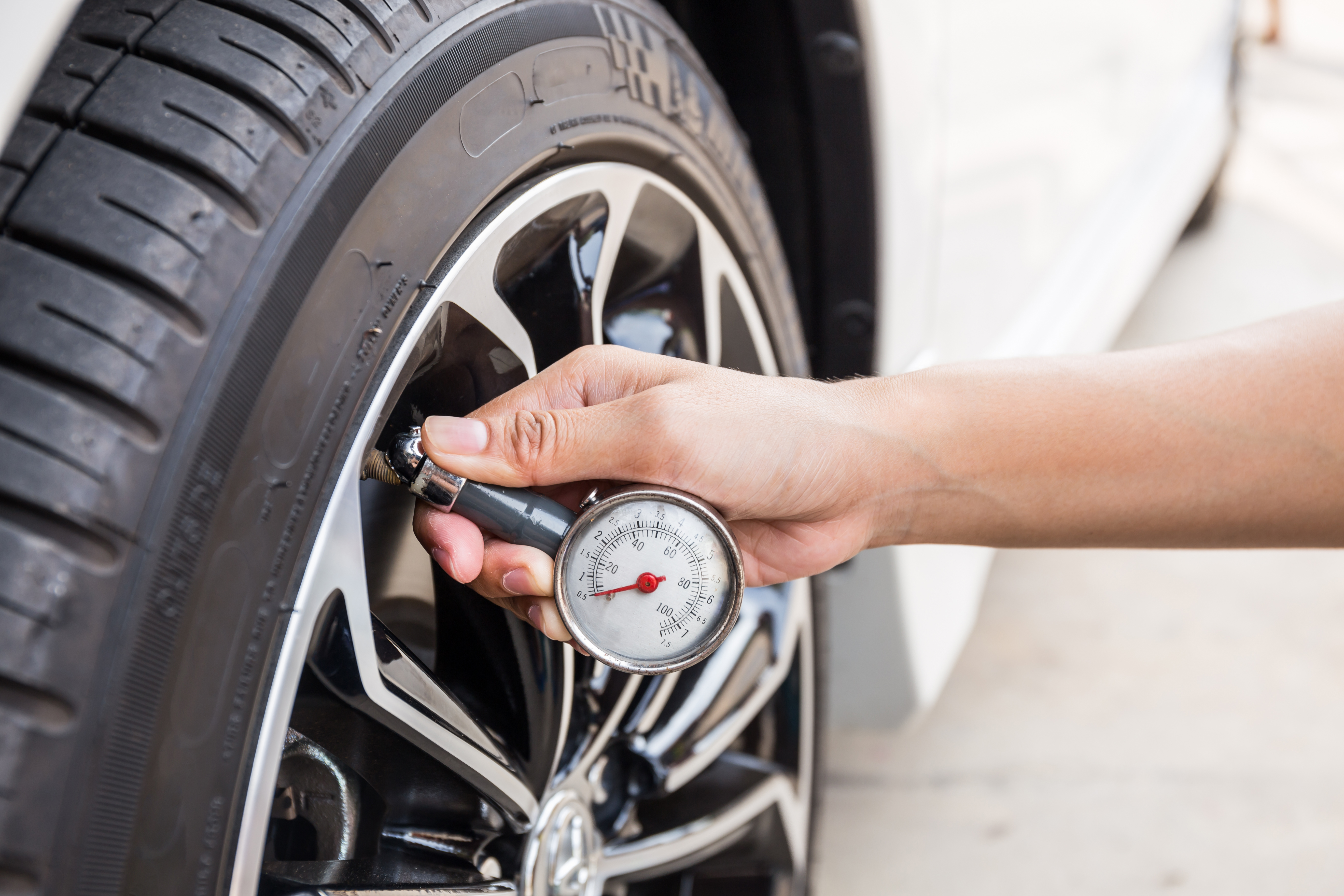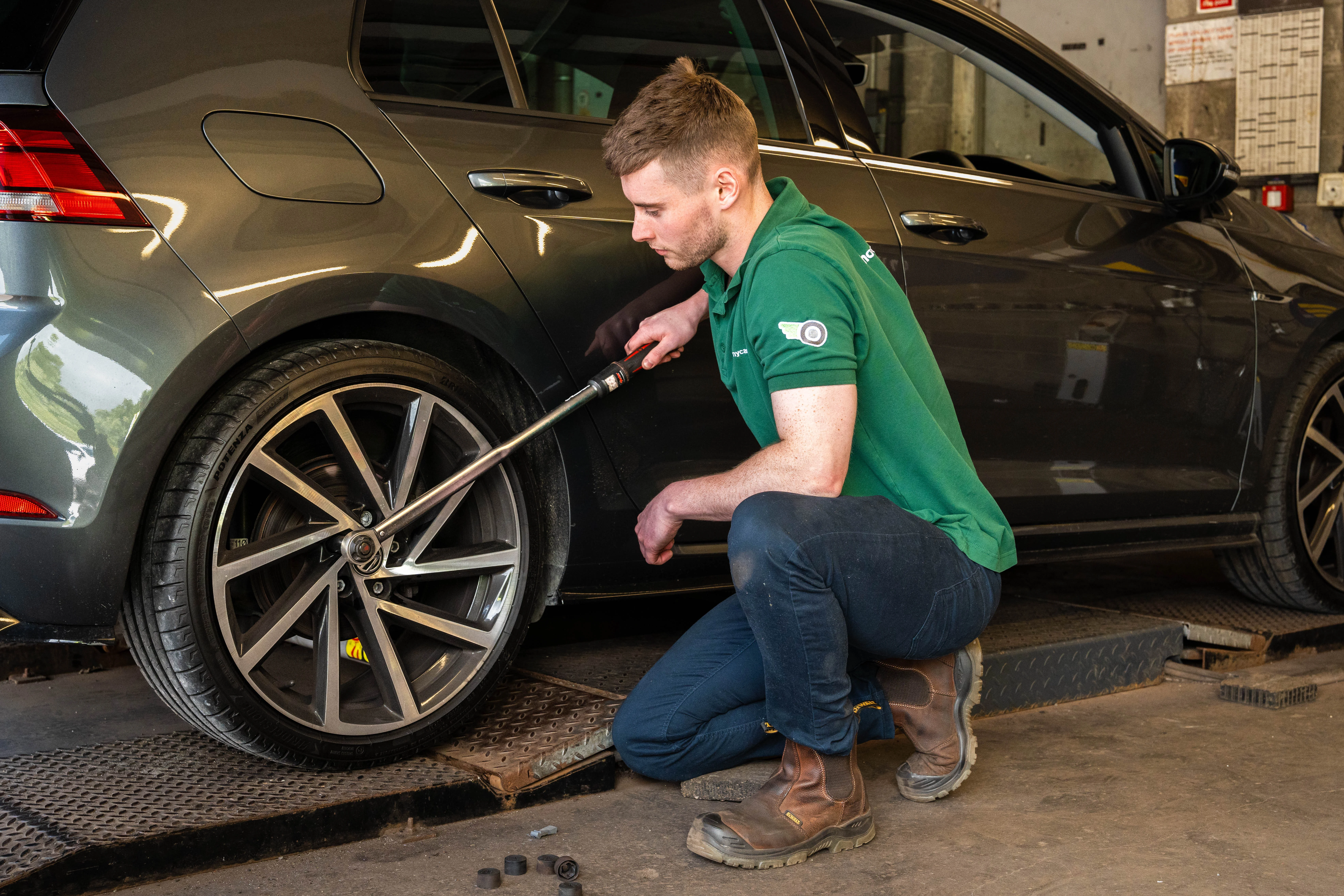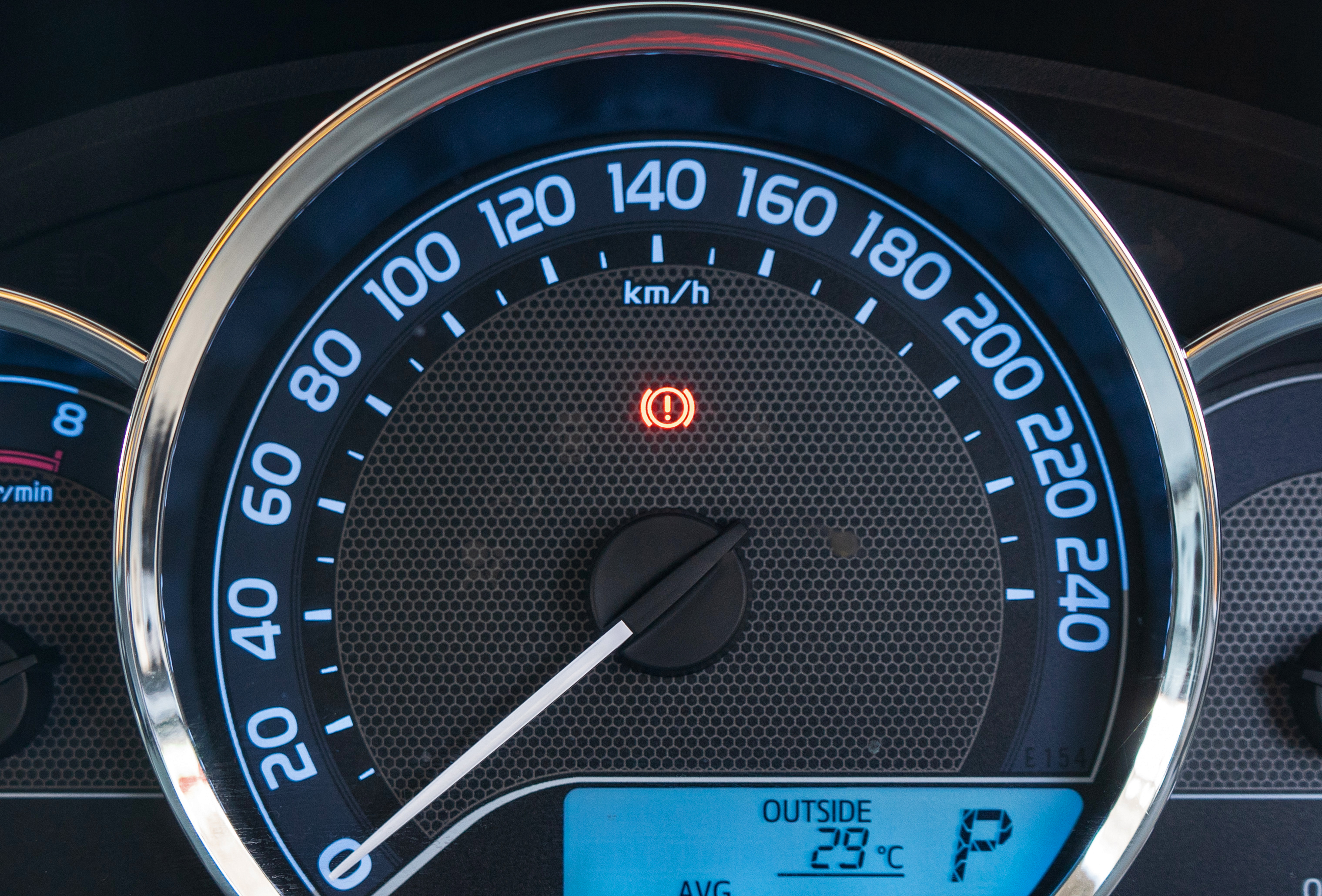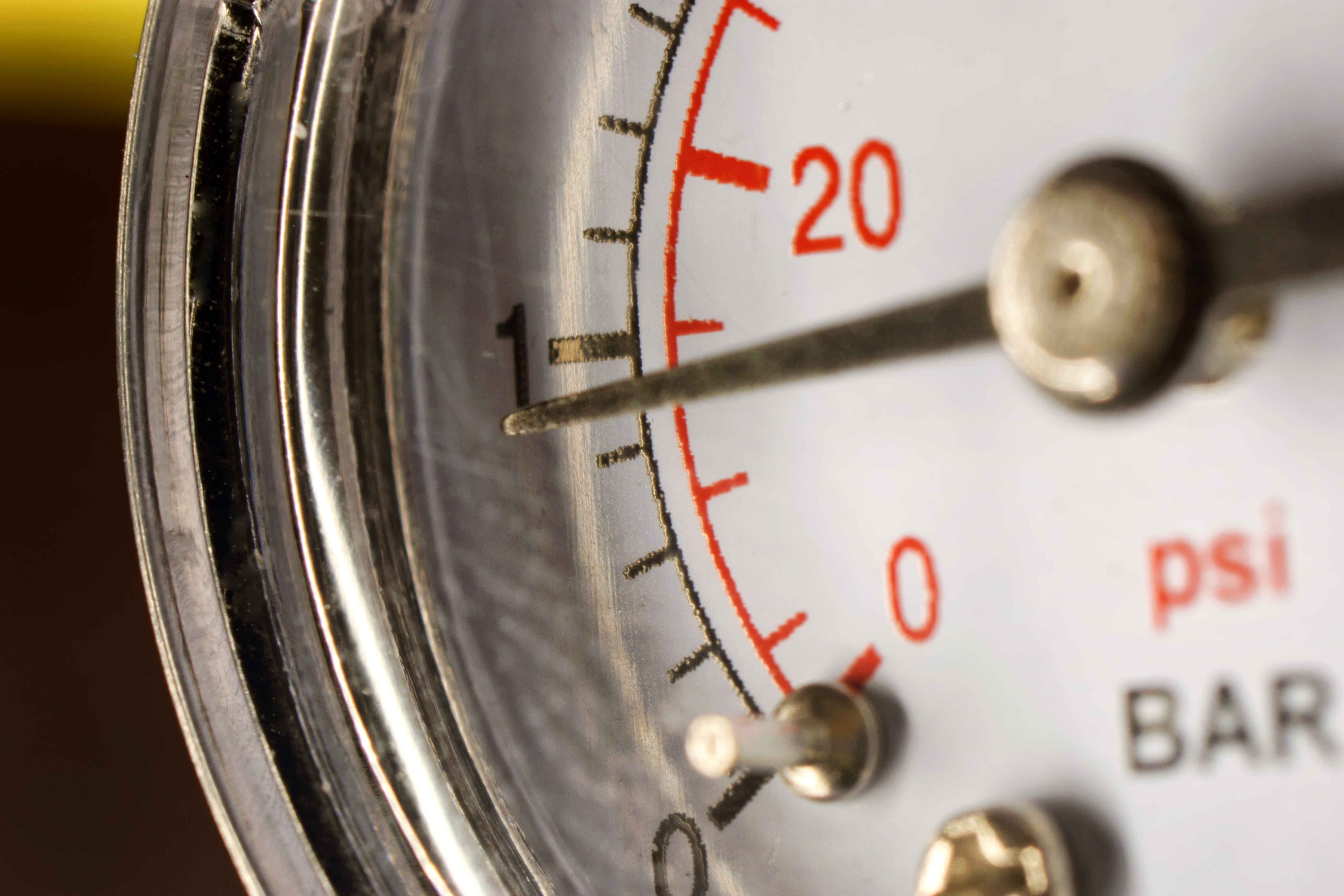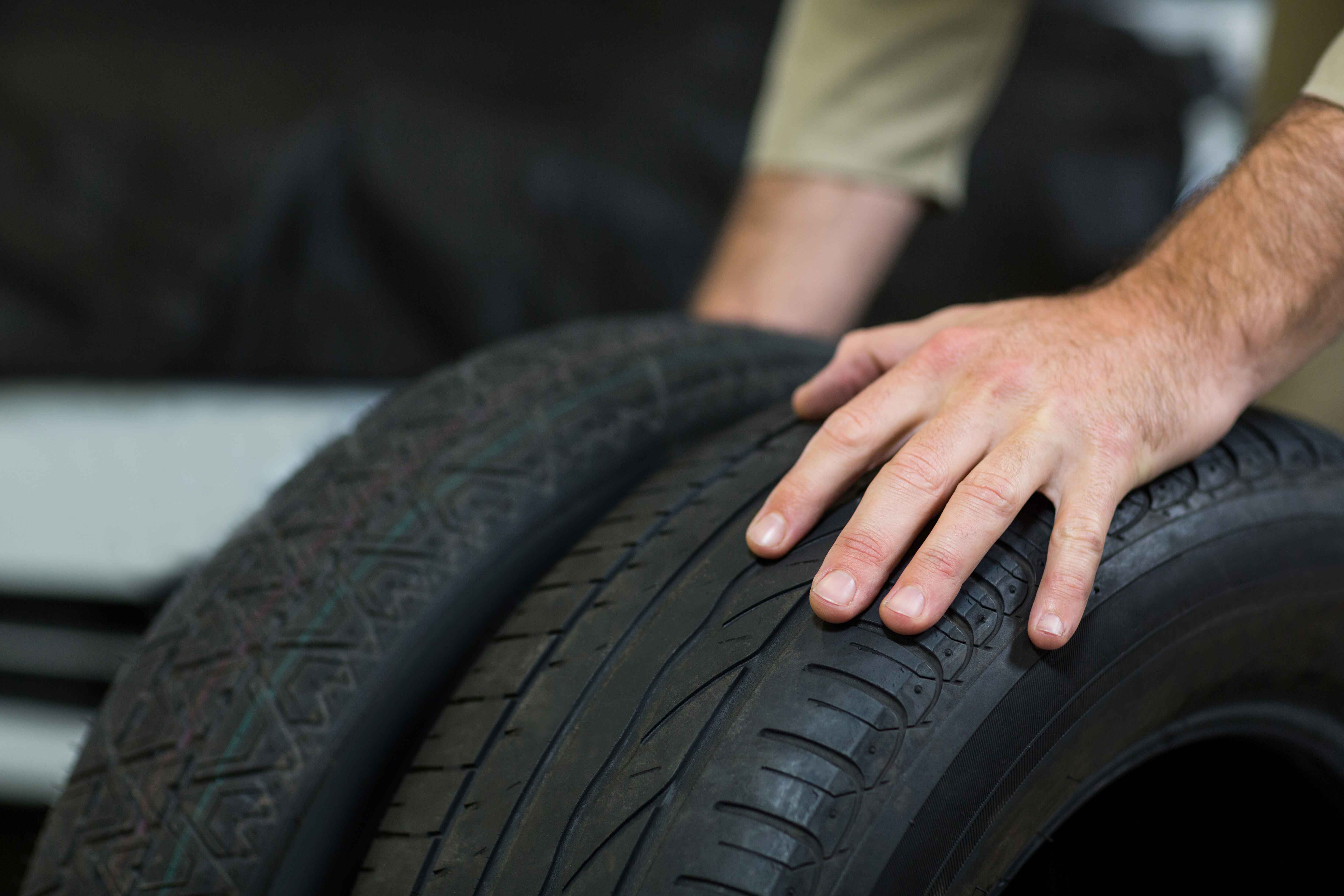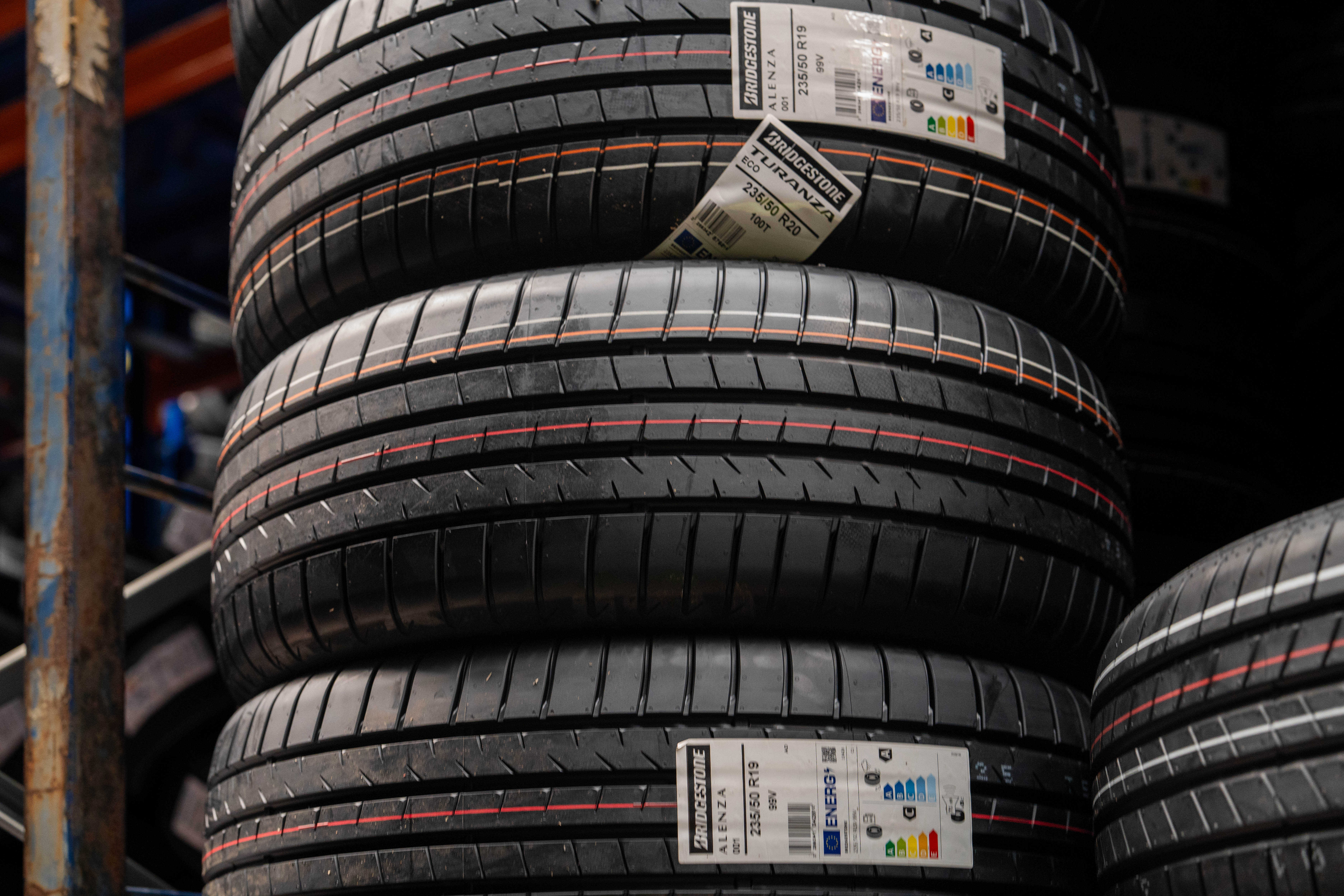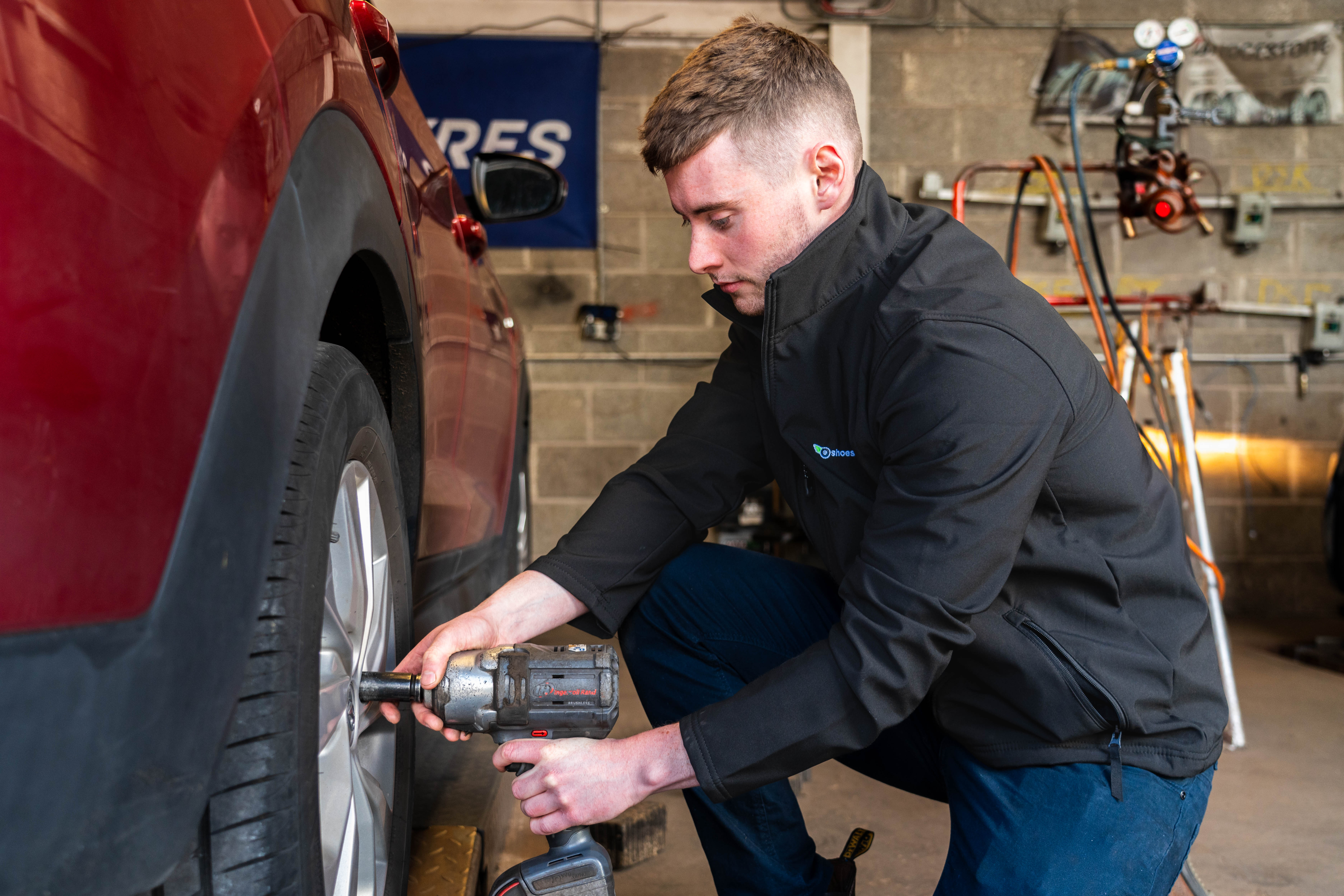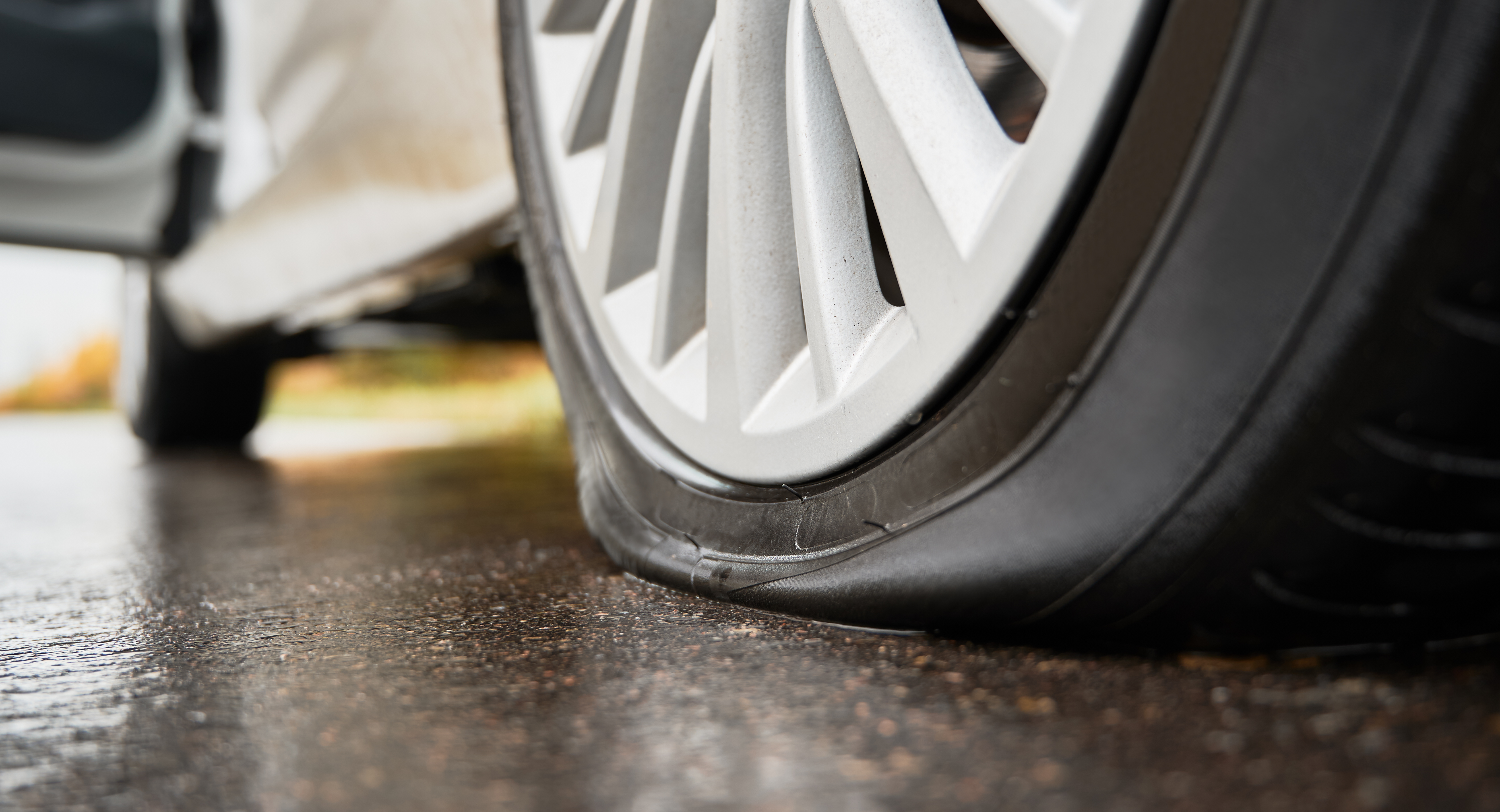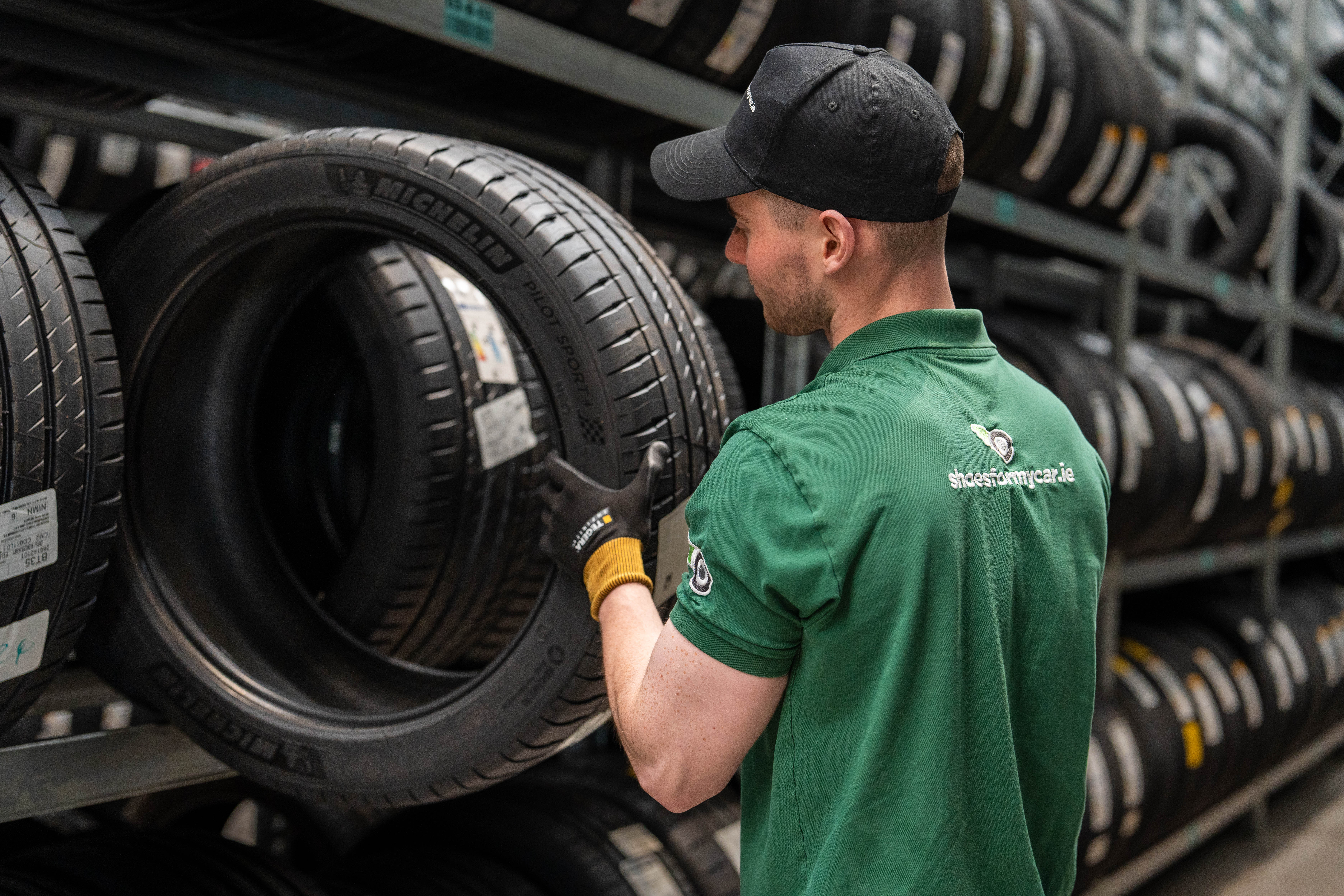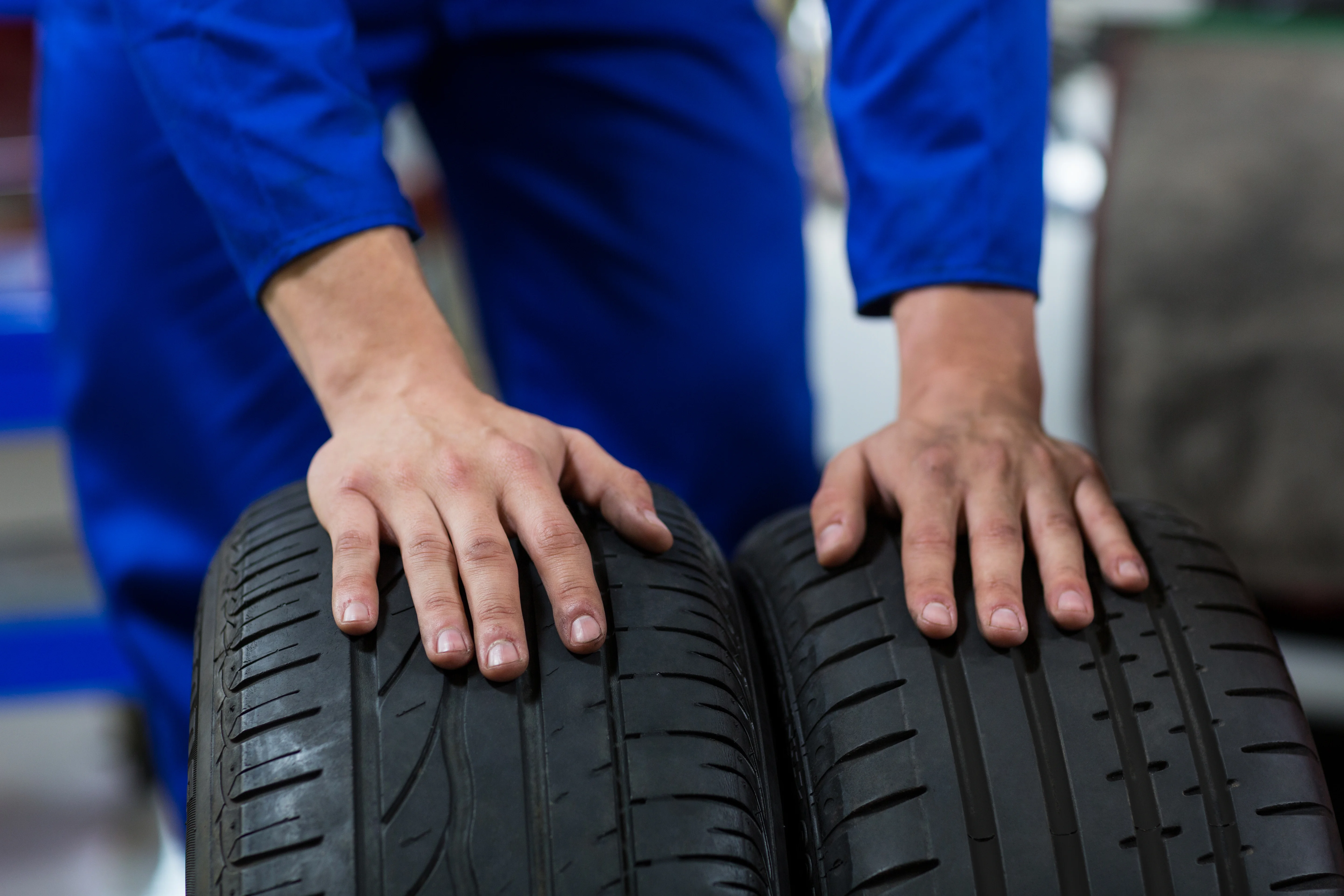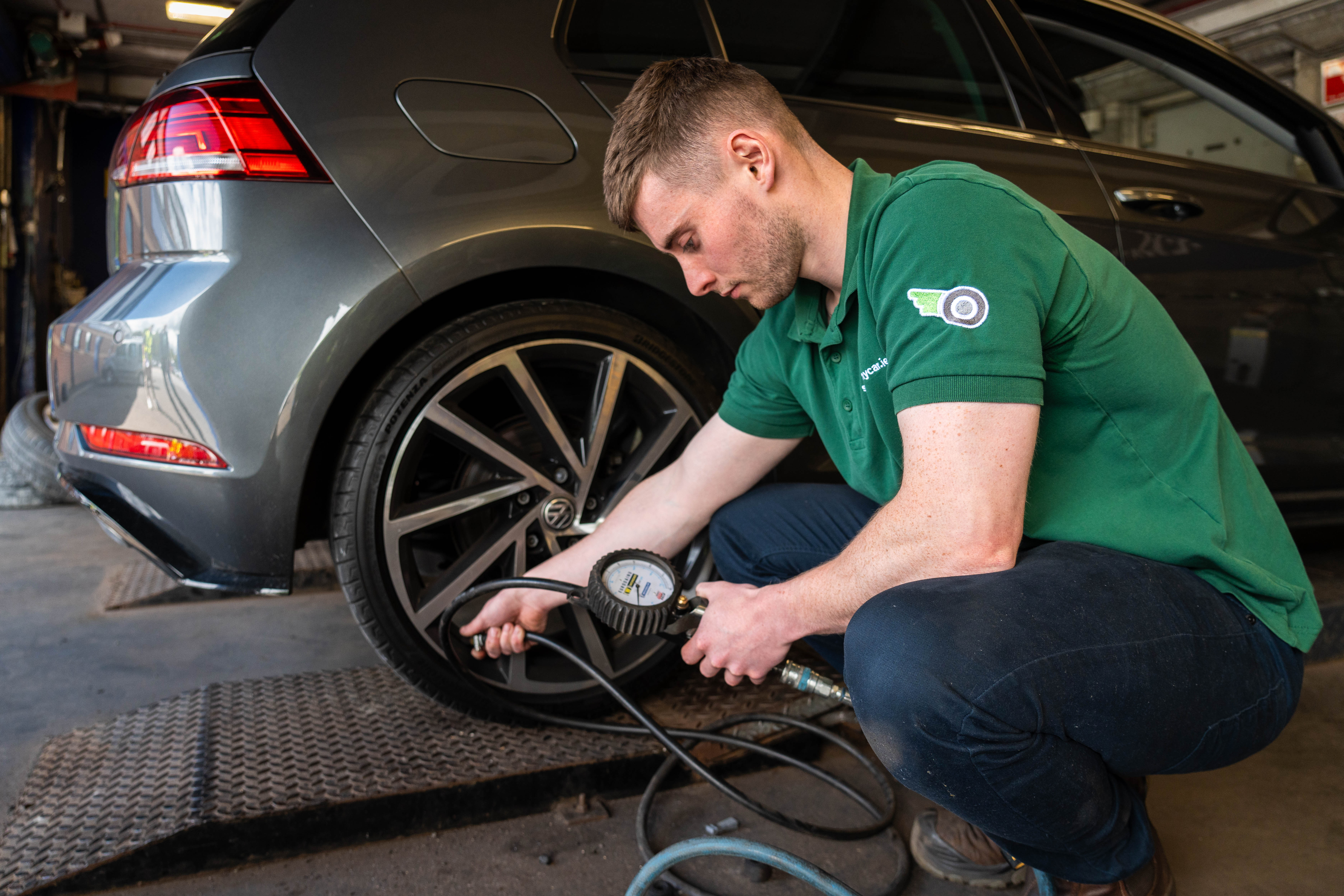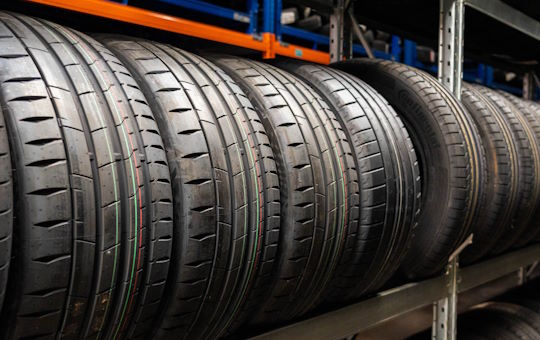Noticed your car vibrating while driving, idling, or braking? You’re not alone, and it’s not something to ignore. Car vibrations can start subtly and become more pronounced over time, often signalling underlying issues with your tyres, wheels, engine, suspension, or brakes. Left unchecked, these vibrations can lead to unsafe driving conditions and costly repairs.
In this guide, we’ll walk you through the most common reasons your car might be vibrating and what to do about each one. Whether it’s a worn tyre, a misaligned wheel, or something deeper under the hood, understanding the signs early can help you stay safe and avoid unexpected breakdowns.
Let’s take a closer look at the most likely causes of that shake, rumble, or rattle in your car - and how to get it sorted.
Quick Diagnosis Chart: What’s Vibrating and When?
| When It Happens | Possible Cause |
|---|---|
| At high speeds | Imbalanced or worn tyres |
| When braking | Warped brake rotors |
| While idling | Engine mount or spark plug issues |
| When turning | Suspension problems or misaligned wheels |
| Randomly/constantly | Loose components, bad axles, tyre damage |
Reasons Why Your Car Might Be Shaking
Feeling your car shake or vibrate can be unsettling, but it’s a common issue with a range of possible causes. From worn tyres to engine problems, understanding what might be behind the vibrations can help you diagnose the problem faster and decide the next steps. Below, we break down the most common reasons your car could be shaking and what to look out for.
Tyres & Wheels: The Usual Suspects
If your car starts to shake at motorway speeds, especially around 60 to 70 km/h or higher, the tyres or wheels are often the first place to check. These components take constant wear and tear, and even small issues can create noticeable vibrations.
Imbalanced tyres
When a tyre’s weight isn’t evenly distributed, you’ll often feel a rhythmic vibration through the steering wheel. This can happen after a new tyre is installed without proper balancing or if a wheel weight falls off.
Uneven wear or bald spots
Tyres with irregular tread patterns or flat spots can lead to a rough ride. This is often a sign of underinflation, poor alignment, or neglected rotation. Knowing the common causes of tyre damage can help you spot early warning signs before they affect your comfort and safety.
Bent or damaged rims
A bent wheel, usually caused by hitting a pothole or kerb, won’t spin smoothly. Even a slight bend can cause persistent shaking, especially on smooth roads where you'd normally expect a calm ride.
Misaligned wheels
If your steering wheel feels off-centre or the car drifts to one side, alignment could be the issue. Misalignment can accelerate wear and tear, leading to uneven tyre sizes and handling problems over time.
Loose lug nuts
It’s a simple one, but it matters. If your wheel nuts aren’t tightened properly, the wheel can wobble while you drive. This is especially important to check after a tyre change or rotation.
Suspension & Steering: More Than Just a Bumpy Ride
If your car feels shaky even on smooth roads, or if you’re getting a knocking sound when turning or going over bumps, it might not be your tyres at all. The suspension and steering systems keep your car stable and responsive, so when something goes wrong, vibrations are a common result.
Worn ball joints
Ball joints connect the suspension to the wheels and allow for smooth steering. When they start to wear out, you might hear clunking noises or notice your steering feels loose. Left unchecked, worn ball joints can eventually affect your control of the car.
Loose control arms
The control arms keep your wheels in line with the car’s frame. If their bushings are worn or the bolts are loose, it can lead to rattling sounds and inconsistent handling. It’s one of those problems that often starts subtly but gets worse fast.
Faulty wheel bearings
Wheel bearings let your wheels rotate smoothly. When they’re worn, you might feel vibrations in the steering wheel or hear a humming or grinding noise that gets louder as you accelerate. Bad wheel bearings also affect braking performance, which ties into your car’s overall braking distance, especially in poor weather.
Engine & Drivetrain: The Under-the-Bonnet Problems
If your car vibrates while idling, accelerating, or driving at consistent speeds, the problem might be deeper than tyres or suspension. Engine and drivetrain issues can cause more persistent shaking that won’t go away, even after a tyre change or balance.
Worn spark plugs
Old or dirty spark plugs can cause your engine to misfire. That misfire leads to uneven power delivery, which you’ll often feel as a shudder through the steering wheel or seat, especially when accelerating. Replacing spark plugs is a simple fix that can smooth things out quickly.
Bad engine mounts
The mounts that hold your engine in place are built to absorb vibrations. When they wear out or loosen, the engine can move slightly within the bay, sending vibrations through the entire frame of the car. This usually shows up as a noticeable shake while idling.
Issues with the fuel or ignition system
If your car isn’t getting the right mix of fuel and spark, you’ll feel it. A clogged fuel injector, faulty ignition coil, or timing issue can all cause rough running. These types of problems can reduce fuel efficiency too, making them worth sorting out early.
Transmission or driveshaft problems
If your car vibrates as you accelerate but smooths out at cruising speeds, a drivetrain issue is likely. A worn CV joint, damaged driveshaft, or slipping transmission can all produce vibrations that feel like they’re coming from underneath the car rather than the wheels.
For tyre-related shaking, uneven wear or improper pressure might still be the culprit. But if everything looks good at the wheels, it's worth checking under the bonnet.
Bonus: Exhaust, Axles, and Miscellaneous
If you’ve ruled out tyres, suspension, and engine issues but the car is still vibrating, don’t give up just yet. There are a few less obvious culprits worth checking.
Loose exhaust pipe
A rattling or vibrating sound that gets louder when you accelerate could point to a loose or damaged exhaust pipe. While it’s not always dangerous, it can lead to further issues if left unattended, and it’s one of those annoying problems that’s hard to ignore once you notice it.
Bent or unbalanced axles
Axles take a lot of punishment, especially if you've hit a pothole or kerb hard. A bent axle can cause rhythmic vibrations that increase with speed. Similarly, if an axle becomes unbalanced, it can create the same kind of shaky ride you’d get from imbalanced tyres.
Failing CV joints
Constant velocity (CV) joints are part of your drivetrain, allowing the axles to flex as you turn. If one is worn or failing, you might hear clicking when turning, followed by vibrations under acceleration. It’s a common issue in front-wheel drive cars and can often be mistaken for wheel or tyre trouble.
If the source of the vibration is still a mystery, it's worth double-checking your braking system and steering alignment. A small issue in one area can sometimes disguise itself as something else entirely.
Troubleshooting Car Vibrations
If your car is vibrating and you’re not sure why, start simple. A few checks can help you narrow things down, without needing to be a mechanic.
1. Check your tyres
Look for uneven wear, bald spots, or anything lodged in the tread. Feel around the tyre walls for bulges, and make sure the air pressure is correct. If you’re unsure, our guide on how to check tyre pressure walks you through the basics.
2. Pay attention to when the vibration happens
Does it only happen at higher speeds? That points to tyre balancing. If it happens when braking, you might be dealing with warped rotors or worn pads. When turning? Possibly the CV joints.
3. Don’t DIY your suspension or brakes
Suspension and braking systems are complex and safety-critical. Even if you’re handy, replacing worn ball joints or realigning the steering is best left to someone with the right equipment.
4. Know when to hand it over
If the cause isn’t obvious or the vibration is getting worse, book an inspection. What feels like a minor annoyance could turn into something costly if ignored.
Final Thoughts: Don’t Let It Shake You Up
Vibrations in your car can be more than just an annoyance. They can signal issues that affect your safety and comfort on the road. Knowing the common causes and when to seek professional help can save you time, money, and stress.
If you suspect your tyres might be the problem, Shoes for My Car makes getting new tyres simple and hassle-free. Find tyres by reg, order online, choose your fitting centre, and book your appointment in minutes. Take the first step towards a smoother, safer drive today.
Frequently Asked Questions
Why does my car shake at high speeds but feel fine when driving slowly?This is often a sign of tyre or wheel imbalance. At higher speeds, even small inconsistencies in weight distribution or tyre wear become more noticeable. Balancing your tyres or checking for uneven tread could solve the issue.
My car vibrates when idling. What could be causing that?If your car shakes while stationary, it's likely due to engine-related issues such as worn spark plugs, faulty engine mounts, or a problem with the fuel or ignition system. These should be checked promptly to avoid further engine damage.
What if my car only vibrates when I brake?Vibrations during braking usually point to warped brake rotors or worn brake pads. It’s important to get this checked, as brake issues can quickly compromise your safety on the road.
Can tyre pressure cause my car to shake?Yes, incorrect tyre pressure, whether too high or too low, can lead to uneven wear and handling problems, which may result in vibrations. Always keep your tyres inflated to the manufacturer’s recommended levels.
Should I still drive if my car is vibrating?It depends on the severity and cause. Minor vibrations may not be urgent, but persistent or worsening shaking could signal a serious issue. It’s best to have it inspected to prevent further damage or risk.



